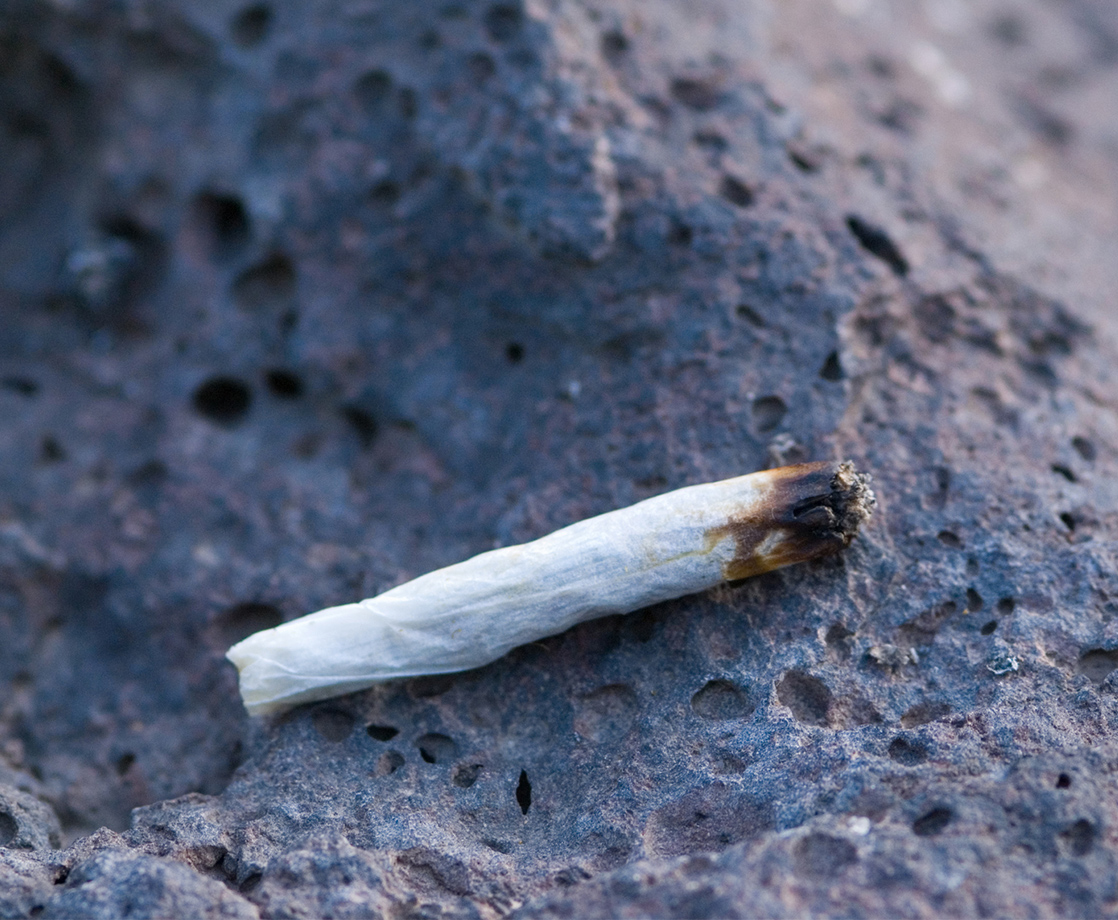Cover image via
Colorado has a shot at becoming the first US state to fully legalize the possession and use of mescaline, DMT, ibogaine, and other natural psychedelics.
New Approach PAC, the advocacy group that sponsored Oregon’s successful campaign to legalize psilocybin therapy, recently filed two separate psychedelic therapy initiatives for inclusion on Colorado’s 2022 election ballot. These two measures, both titled the Natural Medicine Healing Act, offer two different alternatives to bring psychedelic medicine to the Centennial State.
The first, and more progressive, of the two options, would make it completely legal for adults over 21 to possess and use DMT, psilocybin, ibogaine, and synthetic mescaline. The measure would continue to prohibit mescaline derived from peyote, which is an endangered species reserved for indigenous use. Adults would be allowed to cultivate these medicines themselves or give them to others, but sales would remain illegal.
This initiative would create state-licensed “healing centers” where adults could receive psychedelics-assisted therapy and establish an advisory board to oversee these centers. City and county officials could regulate the location of these centers, but would not be allowed to ban them outright. The proposal also includes provisions allowing people who have previously been arrested for psychedelics-related crimes to have their criminal records cleared.
The group’s second initiative scales back a number of these progressive ideas in order to appeal to more conservative voters. This proposal would only legalize the personal use of psilocybin and psilocin (the psychoactive ingredient in shrooms), but does provide some wiggle room to allow state officials to eventually legalize additional psychedelics.
Psilocybin healing centers would be legalized under this second proposal, but individual localities would be allowed to ban them. This measure also omits the expungement provisions of the broader proposal, and would not create a state psychedelics advisory board, either.
State officials must still sign off on these proposals before they can advance. If they do, New Approach will then have to collect enough valid signatures to actually place them on the ballot. Most likely, the group will ultimately only submit one of the proposals, after determining which of the two has the greatest chance of success.
The psychedelics reform movement originally kicked off in Colorado two years ago, when Denver passed an ordinance that effectively decriminalized the personal possession and use of psilocybin mushrooms. Since then, several other US cities, including Ann Arbor, Oakland, and Seattle, have passed similar measures, and in 2020, Oregon voters approved New Approach’s ballot measure to legalize psilocybin-assisted therapy.
But despite having a similar end goal, Colorado’s local activists have raised some concerns about this outside plan to bring psychedelics to their state. “They’re looking to create these top-down, restrictive policies in places where grassroots community has been the strongest and where policy has been passed by grassroots community,” said Nicole Foerster of Decriminalize Nature Boulder County, a chapter of the group that sponsored Denver’s decriminalization ordinance, according to Marijuana Moment.
Local activists are concerned that New Approach’s initiatives rush into establishing regulatory frameworks without first listening to community input on the issue. “As national corporate interests seek to co-opt local grassroots campaigns and Indigenous values we must continue to fight for equitable locally-driven policy stances, access frameworks, and economies,” Decriminalize Nature Boulder County wrote in a social media post. “This is the only way to ensure the best possible future for natural medicines.”
In addition to Colorado, activists and lawmakers in California, Maine, Massachusetts, Kansas, New Hampshire, New York, and several other states are also advancing proposals to legalize the therapeutic use of psilocybin and other natural psychedelics.











